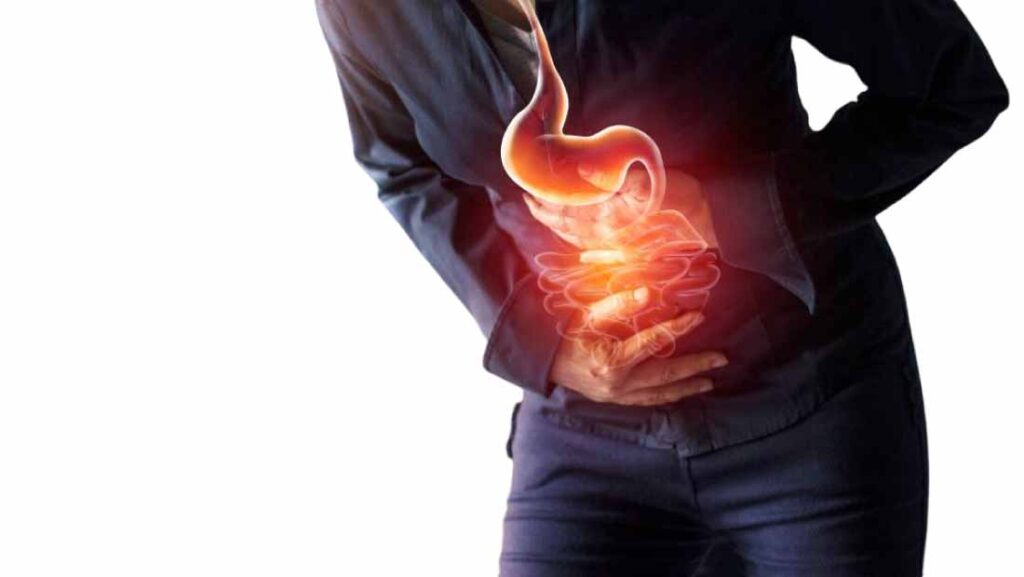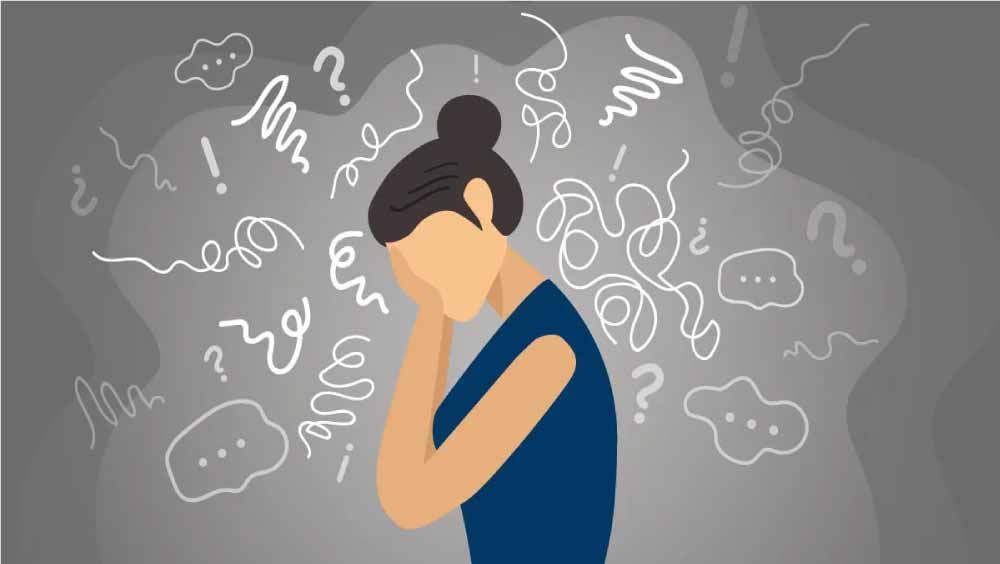Acute gastritis is defined as acute inflammation of the stomach lining that can be caused by a variety of factors, including excessive alcohol consumption, use of certain medications, bacterial or viral infections, extreme stress, or exposure to toxic substances. Symptoms of acute gastritis may include abdominal pain, nausea, vomiting, burning or discomfort sensation in the stomach, loss of appetite, indigestion, and feeling full. Acute gastritis is usually diagnosed by endoscopy and blood tests to detect the presence of Helicobacter pylori bacteria. Treatment of acute gastritis may include dietary changes, medications to reduce heartburn, antibiotics if a bacterial infection is identified, and measures to reduce stress.
Causes
The most common causes of acute gastritis include:
Overuse of NSAIDs: NSAIDs such as ibuprofen, naproxen, and aspirin can irritate the stomach lining and lead to acute gastritis.
Helicobacter pylori infection: This bacterium is commonly found in the stomach and can lead to inflammation and ulceration of the gastric mucosa.
Excessive alcohol consumption: Excessive alcohol consumption can lead to inflammation of the stomach and cause acute gastritis.
Stress: Intense stress can lead to the release of acid in the stomach and increase the risk of developing acute gastritis.
Bile reflux: Reflux of gallbladder contents into the stomach can cause mucosal irritation and lead to acute gastritis.
Trauma: Physical trauma, such as that which can occur after gastric surgery, can also lead to acute gastritis.
Viral infections: Some viral infections, such as the flu, can also cause inflammation of the stomach and lead to acute gastritis.
It is important to remember that there are many other possible causes of acute gastritis , so if you experience symptoms of acute gastritis, it is important that you consult with a doctor to receive an accurate diagnosis and proper treatment.
Clinical manifestations
The clinical manifestations of acute gastritis can vary depending on the underlying cause and severity of the inflammation. Some of the most common symptoms include:
Abdominal pain: Pain in the upper abdomen is one of the most common symptoms of acute gastritis. It can be mild or severe and may get worse after eating.
Nausea and vomiting: Nausea and vomiting are common symptoms of acute gastritis, especially if the inflammation is severe.
Loss of appetite: Inflammation of the stomach can lead to a feeling of fullness early after eating, which can lead to a loss of appetite.
Burning sensation or indigestion: Acute gastritis can lead to a burning sensation or indigestion in the stomach, especially after eating spicy or greasy foods.
Dark or bloody stools: In severe cases of acute gastritis, inflammation can lead to gastrointestinal bleeding, which can manifest as dark or bloody stools.
Vomiting blood: In severe cases, acute gastritis can lead to vomiting blood, which can be a medical emergency.
It is important to remember that not everyone with acute gastritis experiences all of these symptoms, and that some may experience different symptoms. If you experience any of these symptoms, it’s important to see a doctor for an accurate diagnosis and proper treatment.
Diagnosis
The diagnosis of acute gastritis is based on a combination of the patient’s medical history, symptoms and the results of medical examinations. Some of the diagnostic methods that may be used include:
Endoscopy: During this procedure, an endoscope is inserted down the patient’s throat to examine the stomach and esophagus. This allows the doctor to see the inflammation and take tissue samples for analysis.
Laboratory tests: Blood tests may be done to detect the presence of antibodies to Helicobacter pylori bacteria, as well as stool tests to detect the presence of blood in the stool.
Breathing tests: In some situations, a breathing test may be done to detect the presence of Helicobacter pylori in the stomach.
X-rays: X-rays of the stomach and gastrointestinal tract can help detect signs of inflammation or ulcers in the stomach.
It is important to remember that the diagnosis of acute gastritis should be made by a qualified doctor, and that additional tests may be needed depending on the specific case. If you experience symptoms of acute gastritis, it is important that you consult with a doctor to receive an accurate diagnosis and proper treatment.
Treatment
Treatment of acute gastritis depends on the underlying cause of the inflammation. Some common treatment options include:
Medications to reduce stomach acid: Medications such as proton pump inhibitors may be prescribed to reduce the amount of acid produced by the stomach. This can help relieve the symptoms of acute gastritis and allow the gastric mucosa to heal.
Antibiotics: If acute gastritis is caused by a bacterial infection, such as Helicobacter pylori infection, antibiotics may be prescribed to treat the infection.
Dietary changes: Dietary changes may be recommended to avoid foods that irritate the stomach and to avoid overeating. Soft, easy-to-digest foods may also be recommended.
Avoid certain medications: If acute gastritis is caused by overuse of NSAIDs, other medications may be recommended for pain or inflammation that do not irritate the stomach.
Treatment of other underlying causes: If acute gastritis is caused by another underlying condition, such as bile reflux, specific treatments may be recommended to treat that condition.
It is important to remember that the treatment must be individualized according to the specific case, and that other treatments may be needed depending on the underlying cause. If you experience symptoms, it is important that you consult with a doctor to receive an accurate diagnosis and proper treatment.
Complications
If not treated properly, can cause serious complications, including:
Gastric or duodenal ulcers: Chronic inflammation of the gastric lining can lead to ulcer formation. These ulcers can bleed and cause severe abdominal pain.
Gastrointestinal bleeding: If a gastric or duodenal ulcer bleeds, it can cause severe gastrointestinal bleeding. This may require hospitalization and intensive treatment.
Anemia: Chronic inflammation of the gastric lining can cause chronic blood loss, which can lead to anemia.
Pyloric stenosis: In rare cases, severe acute gastritis can cause scarring of gastric lining tissue, which can lead to a narrowing in the opening between the stomach and small intestine (pyloric stenosis). This can cause nausea, vomiting, and intestinal obstruction.
Gastric cancer: Although rare, chronic gastritis caused by a Helicobacter pylori infection can increase the risk of gastric cancer.
It’s important to seek medical attention if you experience symptoms to prevent serious complications. Timely and appropriate treatment can help prevent the progression of the disease and avoid serious complications.


